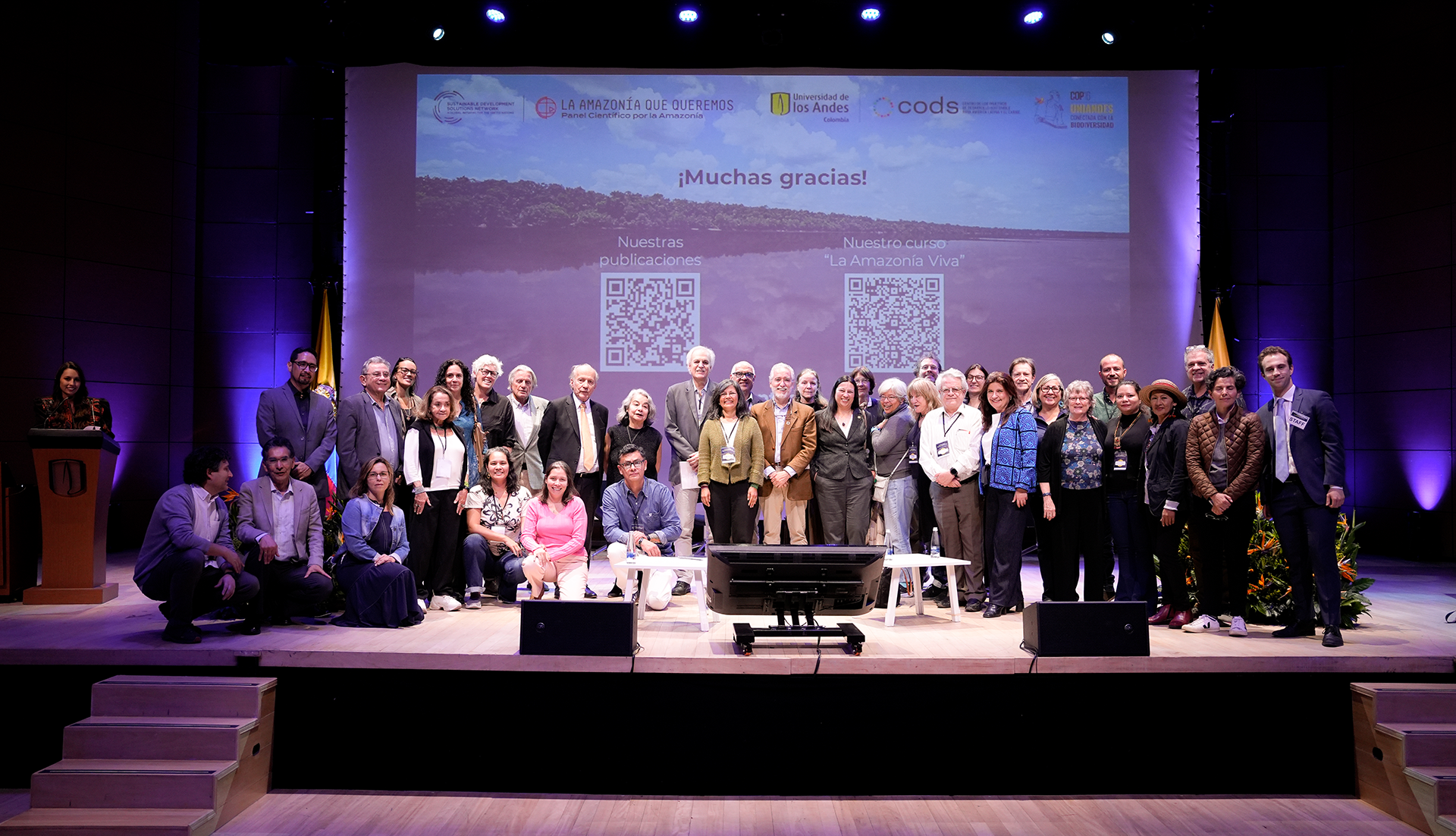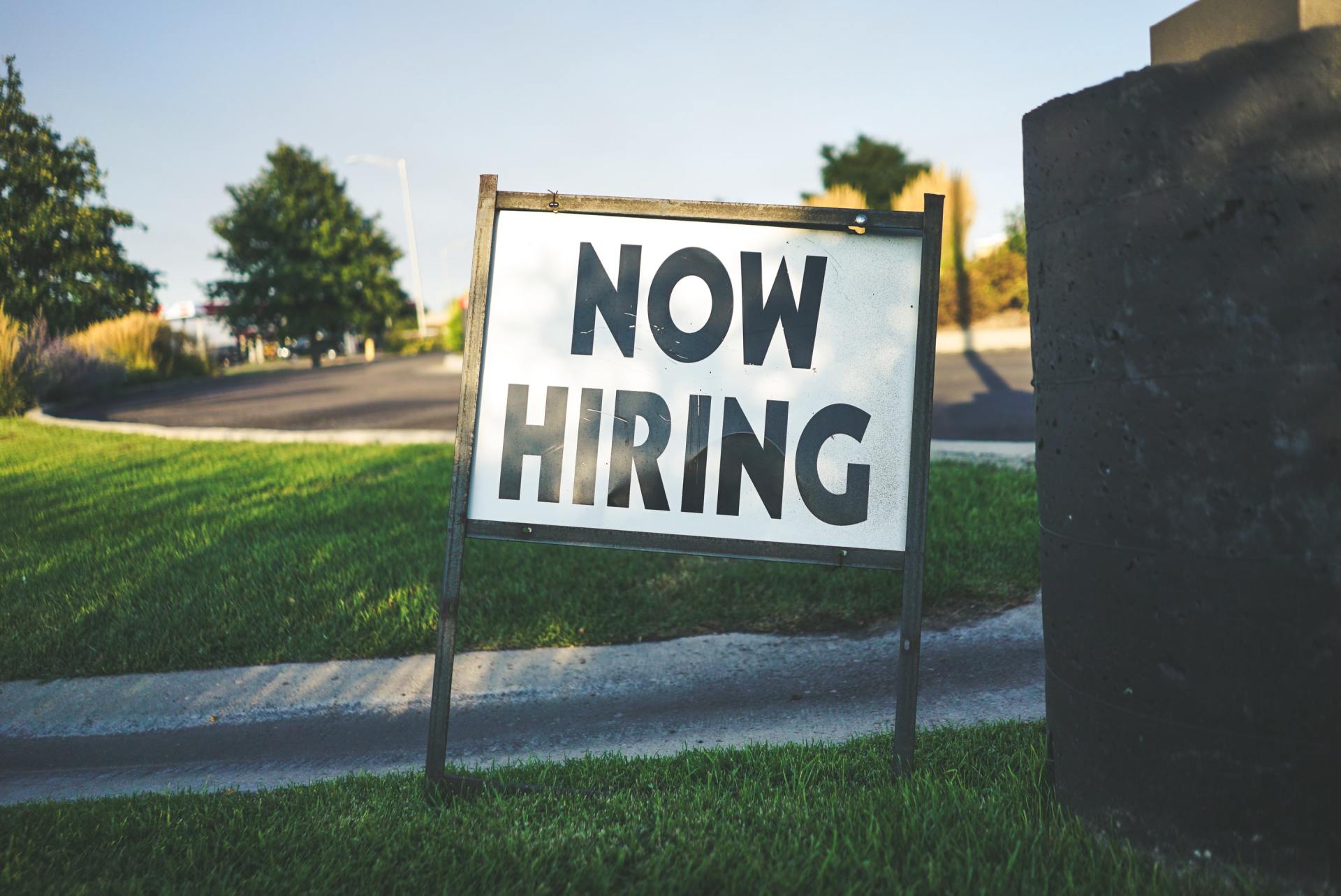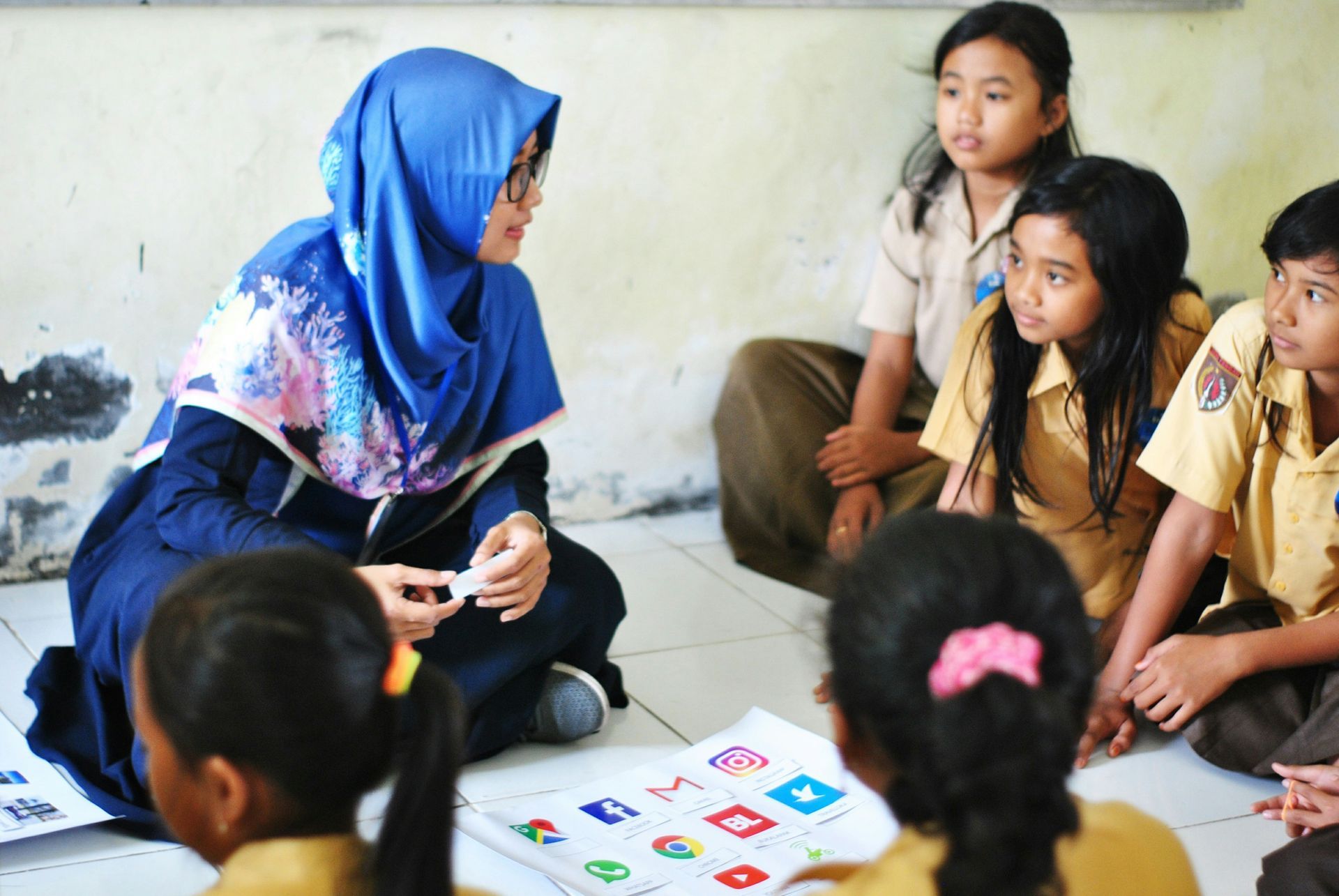



On July 12, 2016, the SDSN co-hosted a side event at the High Level Political Forum with Biovision and the Institute for Sustainable Development and International Relations (IDDRI). The event was entitled How to achieve SDG2? Two initiatives to support the development of national transformation pathways.
David Nabarro , Special Adviser on 2030 Agenda for Sustainable Development, offered video remarks to open the session. Mayacine Camara , Coordinator at the Directorate-General for Economic and Policy Planning at the Ministry of Economy, Finance and Planning of Senegal, shared some of the challenges Senegal is facing in achieving SDG 2, including hunger, climate change, and a problematic trade system. He also shared ways that Senegal is already working to address these challenges, including investments into the agricultural sector to achieve targets for rice self sufficiency. Deborah Fulton , Secretary of the Committee on World Food Security (CFS), shared the recent work of CFS in support of SDG 2, including a number of recent reports on crosscutting issues like gender, fisheries, and biofuels. Marie-Hélène Schwoob , Research Fellow at IDDRI, presented the Agricultural Transformation Pathways Initiative (ATPi) ( slides available online) and Hans Herren , President of the Millenium Institute and co-founder of Biovision, presented the Changing Course in Global Agriculture Initiative ( slides available online). Zachary Bleicher of IFAD moderated the session, including a discussion with participants, and Lauren Barredo of the SDSN offered closing remarks.
Participants were in agreement that SDG 2 calls on countries to transform their agricultural sectors to ensure that all people have access to sufficient, healthy, and sustainably-produced food. This is no small task, as farming systems are incredibly diverse, and there are tradeoffs that need to be balanced. Countries will therefore need to develop long-term roadmaps with targets that set a clear, shared vision of the future, balancing the 3 pillars of sustainable development (economic, social, and environmental objectives). For example, Senegal’s target of rice self-sufficiency will greatly increase food security in the country, but is ambitious given climate change. A long-term roadmap to achieving this goal can greatly increase the chance of success. Two models for developing such pathways were presented; a backcasting methodology in the ATPiand a system dynamics model called T21.
Several participants highlighted the need for roadmaps to be co-constructed by multi-stakeholder partnerships including governments, farmers, researchers, civil society, the private sector, and international organizations. Comments from the floor called on these multi-stakeholder partnerships to include livestock, fisheries, and crops like pulses , as there is often an over-emphasis on staple crops, grains, and soy. IISD covered and posted a summary of the event.
In spite of global consensus on the 2030 Agenda for Sustainable Development, further work is needed to develop a clear understanding of how to achieve transformative changes in complex and diverse food systems to support progress on SDG 2. Transformation roadmaps need to be developed and shared widely, in order to capture the lessons and benefits of cooperation ( SDSN, 2014). To enter a sustainable development path under the right conditions, national stakeholders will need clear and converging socio-economic, policy and technology roadmaps to achieve the targets that they consider to be a high priority. However, as of today, few countries have developed a clear understanding of how to make transformative changes in complex and diverse food systems that would enable them to meet key cross-sectoral targets.
This side event will showcase two concrete initiatives to transform food systems and support achievement of SDG 2: the Agricultural Transformation Pathways Initiative and the Changing Course in Global Agriculture project.
The Agricultural Transformation Pathways Initiative focuses on developing, adapting and applying a practical methodology for countries to build, adopt and implement long-term policy roadmaps to bring about transformative changes in the consumption and production of food by 2030. In the framework of the initiative, three pilot countries (China, Uruguay and the United Kingdom) have already started developing ambitious and realistic pathways supporting national policy debates and informing the conditions of implementation of the SDGs in the agricultural sector.
The Changing Course in Global Agriculture project relies on a methodology combining (i) capacity-building of local experts in system dynamics modelling (T21 model); (ii) the modelling of existing and alternative policies and the analysis of their mid-term/long-term outcomes across sectors (e.g. in 2030 for SDGs); (iii) a multi-stakeholder process at national level contributing to the development of policy scenario analysis and allowing for wider policy dialogue on the implication of the analysis results. The project has been active in three African countries: Kenya, Senegal and Ethiopia.
These two initiatives provide form experience on the design of definite pathways to implement national sustainability targets for agriculture and food systems and on the modalities of SDG implementation at national and international scales. It gives useful information on a variety of organizational, institutional, economic and technological roadblocks impeding transformation, but also levers (including international platforms) that might help overcome them.
The event will inform participants about the achievements and challenges encountered in the framework of these initiatives and trigger discussions on the potential of such projects to contribute to countries efforts in achieving the SDGs related to agriculture.
The side event will start with a series of short illustrated presentations of the two above-listed initiatives. They will be followed by an interactive debate between participants and the presenters, led by a facilitator who will guide discussions and collect comments, suggestions and ideas to scale up agricultural transformation pathways towards the achievement of the SDGs.
Program
Light refreshments will be served outside the room prior to the event.
1.15 pm – 1.30 pm: Introduction; David Nabarro , Special Adviser on 2030 Agenda for Sustainable Development (video intervention); Mayacine Camara , Coordinator at the Directorate-General for Economic and Policy Planning at the Ministry of Economy, Finance and Planning of Senegal; Deborah Fulton , Secretary of the Committee on World Food Security (CFS)
1.30 pm – 1.45 pm: Presentation of the Agricultural Transformation Pathways Initiative, Marie-Hélène Schwoob , research fellow at IDDRI
1.45 pm – 2.00 pm: Presentation of the Changing Course in Global Agriculture Initiative, Hans Herren , president of the Millenium Institute and co-founder of Biovision
1.55 pm – 2.30 pm: Discussion; facilitated by Zachary Bleicher , Head of IFAD Office New York




Get our latest insights, opportunities to engage with our networks, and more.

SDSN mobilizes global scientific and technological expertise to promote practical solutions for sustainable development, including the implementation of the Sustainable Development Goals (SDGs) and the Paris Climate Agreement.
Paris
19 rue Bergère
75009 Paris
France
+33 (0) 1 84 86 06 60
New York
475 Riverside Drive
Suite 530
New York NY 10115 USA
+1 (212) 870-3920
Kuala Lumpur
Sunway University
Sunway City Kuala Lumpur
5 Jalan Universiti
Selangor 47500
Malaysia
+60 (3) 7491-8622